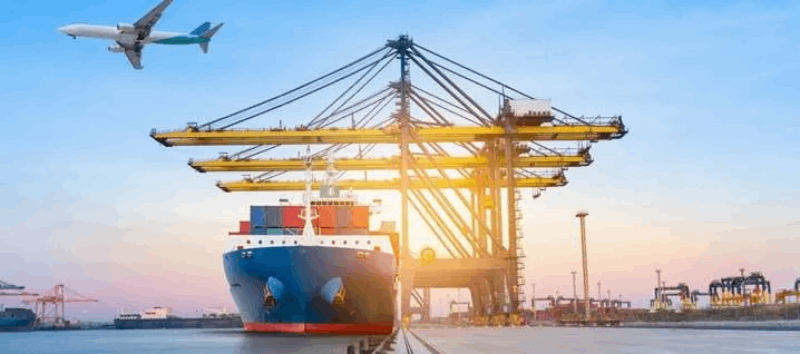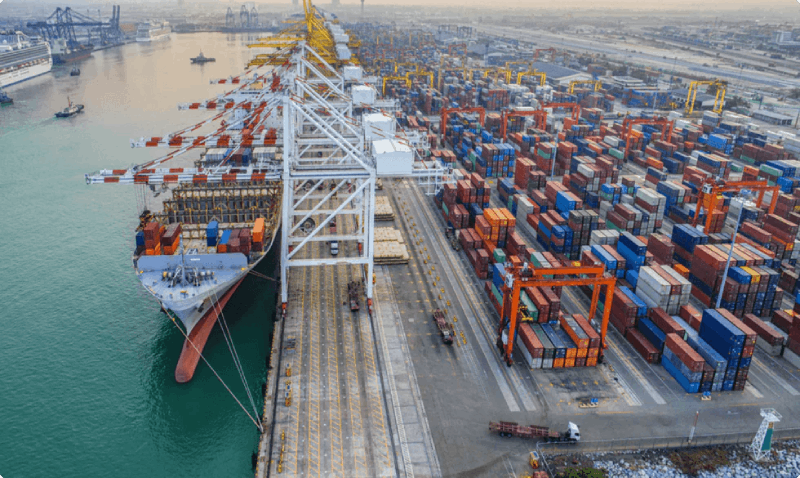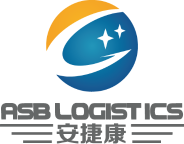Time:2022-05-17 Publisher:Kevin Num:6070

Some time ago, the epidemic in Shanghai, China, had a great impact on the global supply chain. At present, the epidemic situation in Shanghai has gradually improved, and the throughput of Shanghai port is also picking up.
However, gene seroka, executive director of the port of Los Angeles, said in his weekly briefing that the port of Los Angeles has not felt the impact of the closure of the epidemic in Shanghai.
He said that the number of ships leaving China was very stable, while the number of ships going to San Pedro Bay was also quite stable.
"I don't think there will be a significant decline in freight volume in the short term," seroka said. "The more likely outcome is that we may see the current volume of goods remain at a relatively stable level, but there may be a rapid rebound after the closure of Chinese port cities such as Shanghai."
It is reported that although the closure in some parts of China has caused supply chain interruption and delay, the port of Los Angeles has not seen any significant impact at present.
This is because the port timely adjusted its direction and cooperated with Ningbo Zhoushan port to maintain the normal and stable flow of goods.
According to the production express data recently provided by Ningbo Zhoushan port, in April, Ningbo Zhoushan port is expected to complete a container throughput of more than 3 million TEUs, a record high in a single month, with a year-on-year increase of more than 10% and a month on month increase of more than 12%.
In April, Ningbo Zhoushan port strengthened its cooperation with shipping companies to meet a variety of logistics needs through opening new routes, increasing shipping spaces, adjusting empty containers and other measures.
In April, the number of container routes in Hong Kong increased to 297, a record high; The volume of imported empty containers increased by 50% year-on-year.

But, seroka also said that despite the stable cargo flow, shippers in some industries are still affected by China's continued blockade. For example, Ford reported that its assembly lines were slowing due to tight supply, with more than 50000 vehicles waiting for semiconductor components to be installed.
According to the company's first quarter earnings conference call on April 27, the company adopted the use of fast shipping channels to supply in advance and alleviate the supply chain disruption caused by the epidemic in China.
Although the current impact is not obvious, the blockade of Shanghai has lasted for more than six weeks, and it is still uncertain what further impact the interruption will have on Southern California ports and global supply chains.
"There are a lot of things we don't know," seroka said. "If the blockade continues further and goes deep into may or June, we will have to deal with these problems."



